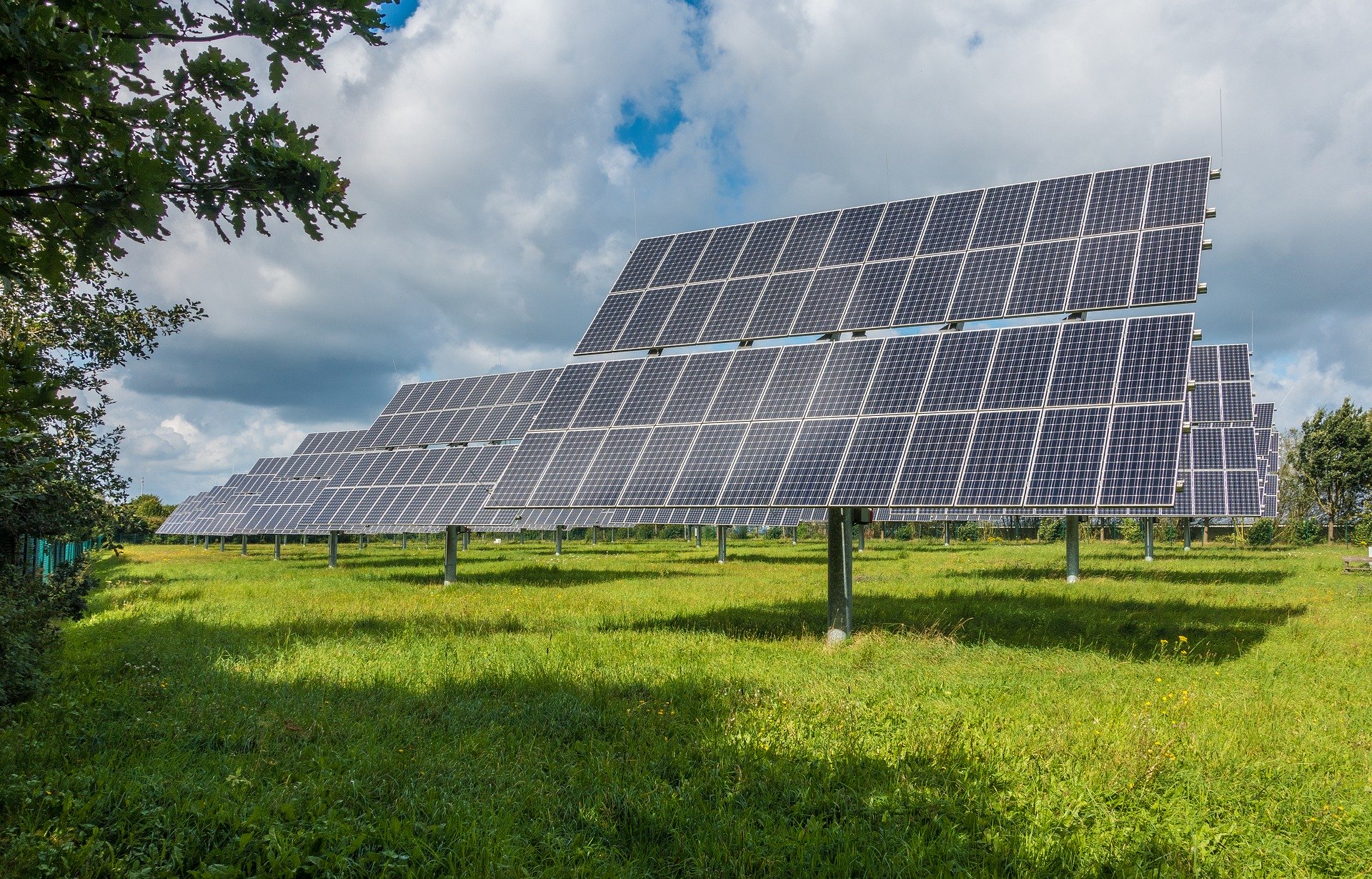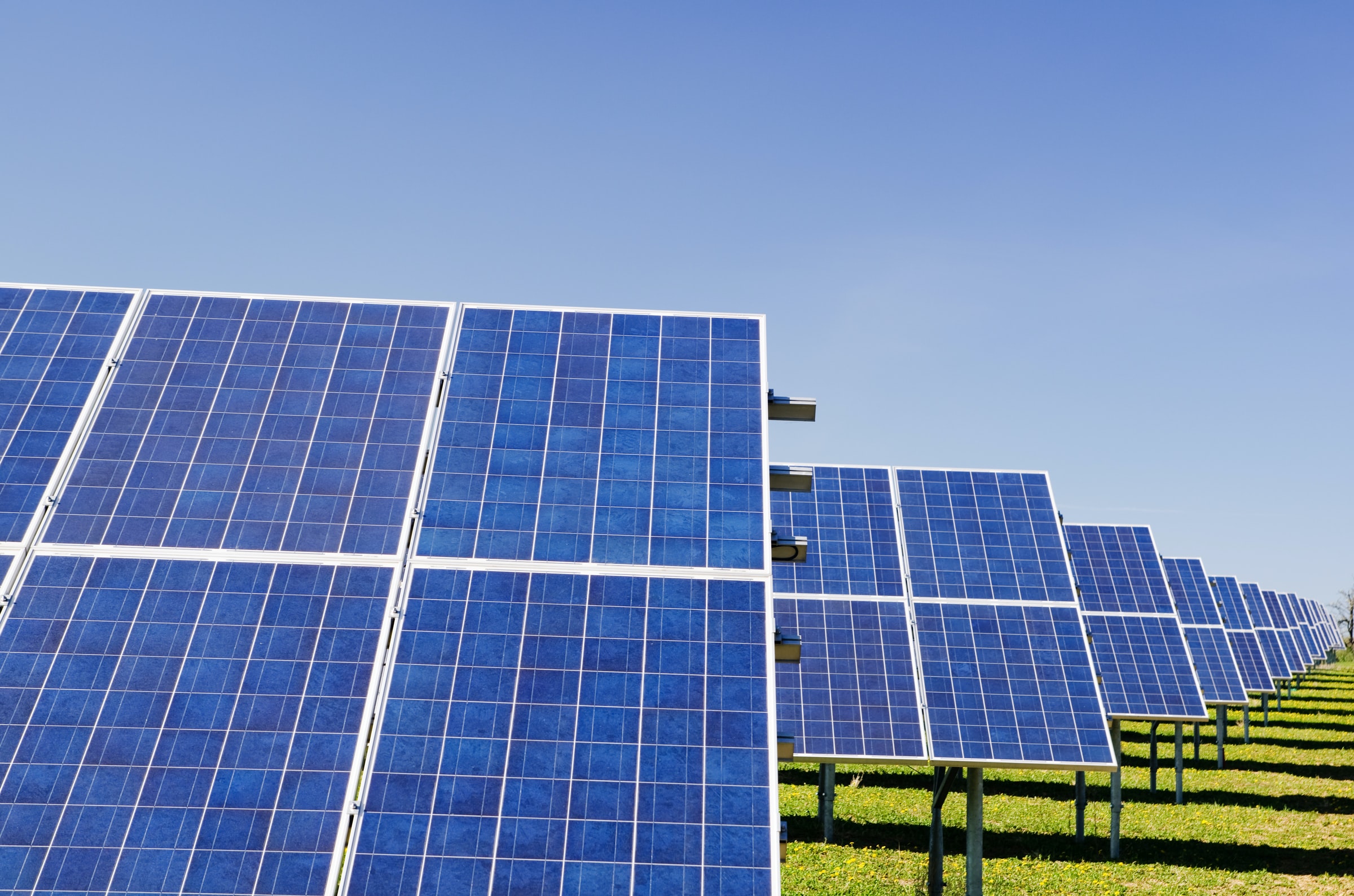Following the successful passage of the Solar Access Act (SB 145), Arkansas landowners and energy customers will now be able to benefit from solar energy to the same extent that many other electricity users across the country have been. Thanks to the growing development of solar farms across the state, and the newfound possibility of entering into a power purchase agreement, more Arkansas customers will be able to generate clean, renewable energy and save on their utility bills.
Not only will customers be able to generate solar energy on their property, they will also be able to sell their excess energy to their utility company in return for energy credits on their utility bill each month. Through the process of net metering, the excess energy produced by the solar array does not go to waste, but instead is sold back to the utility company in return for energy bill credits.
This democratizes the Arkansas energy market, taking some of the power away from the large utility companies and making the playing field much fairer for local landowners and businesses alike. The Act also protects current solar customers from future net metering rate changes which could have potentially decreased the value of their solar PV investment if the Act had not been passed.
The Act received major backing from the likes of Walmart, Mars, Target, and Unilever, as well as a whole host of small businesses and nonprofit organizations in Arkansas, all of whom recognize the potential of Arkansas to become a nationwide leader in the solar sector with increased investment in solar PV development. Further deployment of solar energy systems will boost the local economy, leading to an increase in jobs, while also attracting more private investment in the state and contributing to cleaner air and water quality for the citizens of Arkansas.
It’s not just businesses and homeowners that stand to profit from solar energy projects either. Low-income residents, nonprofit organizations, religious institutions, and educational facilities can all work with a solar developer to save money on their energy costs—either through net metering or leasing their land/roof space for a solar farm. 
Notable Arkansas Solar Projects
A number of major solar projects have already been established in Arkansas, and more are likely to follow as a result of the Solar Access Act. Below are three of the biggest Arkansas solar PV projects to date:
- SR Camden - Highland Industrial Park: Completed in 2016, this PV project has the capacity to generate 12 MW of energy, and is capable of powering over 1,304 homes in Arkansas.
- L’Oreal - North Little Rock: As far as corporations are concerned, L’Oreal led the way in Arkansas, establishing a solar PV project in North Little Rock.
- Ozarks Natural Energy: This 1 MW project is one of the biggest in the state, with the capacity to power more than 108 Arkansas homes.
Arkansas Solar Farms
The Solar Access Act is great news for Arkansas landowners, as demand for solar farms will continue to grow thanks to the state’s commitment to renewables and solar energy in particular. The newfound accessibility of Arkansas power purchase agreements will offer greater flexibility for the economics of developing and constructing a solar farm, and for the financial compensation of those landowners who lease their land to host a solar farm.
Solar farm land leases are generally in the region of 25 years, offering a consistent, predictable income source for landowners for decades to come. Typically, rental payments for solar farm land leases are made annually, on a per-acre basis, though some may also operate on a per-megawatt basis. Either way, a solar farm land lease is a great way to generate an additional revenue stream from unused, vacant land. With solar growing rapidly in Arkansas, and the Solar Access Act opening up the market even further, landowners are in an excellent position to take advantage of the rising demand for solar farms and solar land leases. Check out our top solar farm articles to learn more:
- How Much Money Can a Solar Farm Make?
- Starting Your Own Solar Farm
- Solar Farm Land Requirements & Solar Developments
What is Remote Net Metering?
Remote net metering is a system used by solar farms and other non-residential solar customers to gain solar energy credits and apply these credits to their utility bills in order to reduce energy costs and save money. The distinction between remote net metering and conventional net metering is that remote net metering allows customers to apply bill credits arising from the power generation site to offset their electricity costs at a different, separate site. This means that customers have the flexibility to utilize excess generation from their solar PV project at one location to reduce their electric bills for accounts at other locations.
For example, a business with two locations may have a solar PV system installed at one location but not the other. That business could use the excess energy generated from the solar-equipped location to offset its energy costs arising from its second, non-solar location via remote net metering.
Arkansas Net Metering
As of June 2020, Arkansas net metering policy will continue, with the state requiring that owners of rooftop solar systems, and other distributed generation systems, continue to receive retail rate compensation for their net excess electricity generation. This 1:1 compensation model is applicable to both residential and non-resident solar customers in Arkansas, and the decision to continue with this net metering policy looks likely to incentivize solar deployment in the state. To learn more about net metering, the different types of net metering, and the availability of net metering in your state, please consult the YSG website at this link.
Are you an Arkansas landowner with vacant, unused land going to waste? A solar farm land lease could be the ideal way to generate an additional income source for decades to come. Get in touch with YSG Solar today. To get started, or just learn more, send us an email or call at 212.389.9215.
YSG Solar is a project development vehicle responsible for commoditizing energy infrastructure projects. We work with long-term owners and operators to provide clean energy assets with stable, predictable cash flows. YSG's market focus is distributed generation and utility-scale projects located within North America.
Sources:
https://www.kuaf.com/post/solar-access-act-passes-arkansas-legislature
https://ar.audubon.org/conservation/sb145-solar-access-act-2019
https://www.instituteforenergyresearch.org/the-grid/arkansas-net-metering-order-issued/
https://www.seia.org/state-solar-policy/arkansas-solar
Featured Photo by Zbynek Burival on Unsplash.

